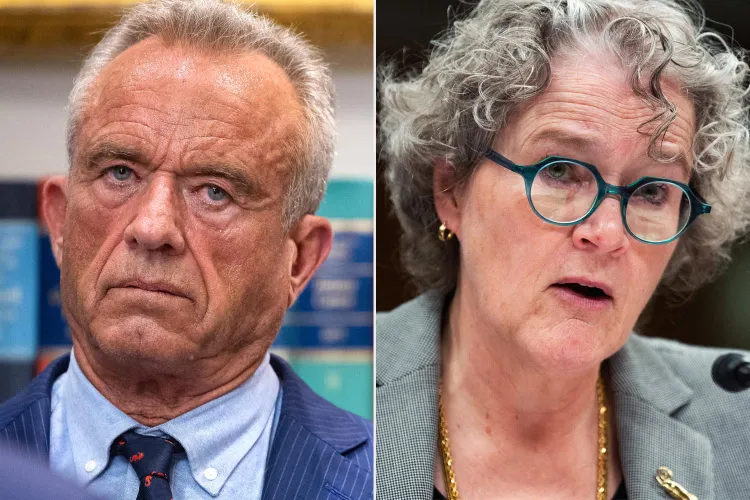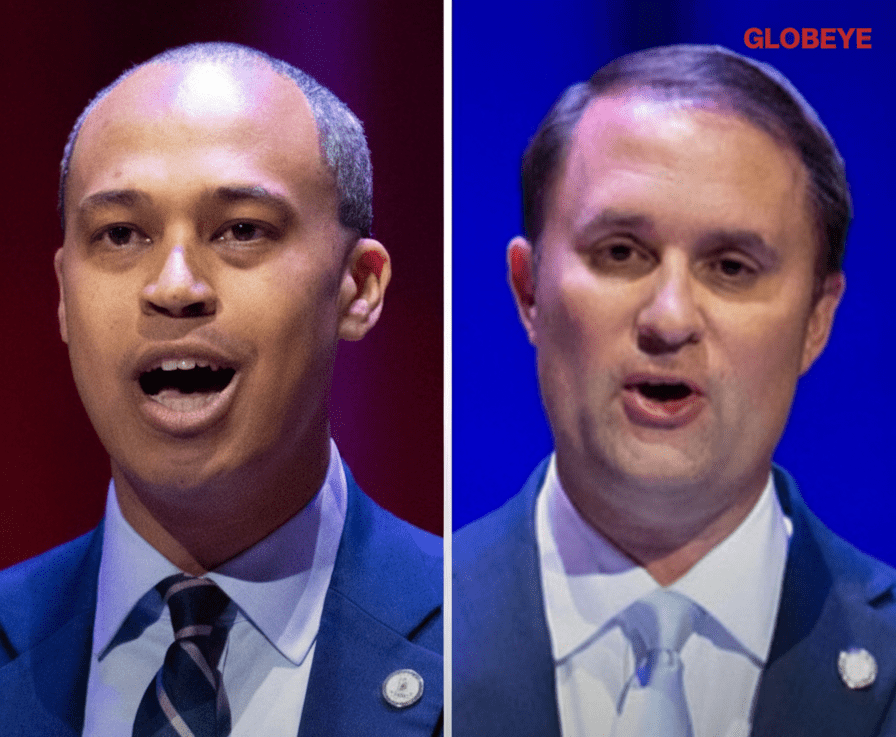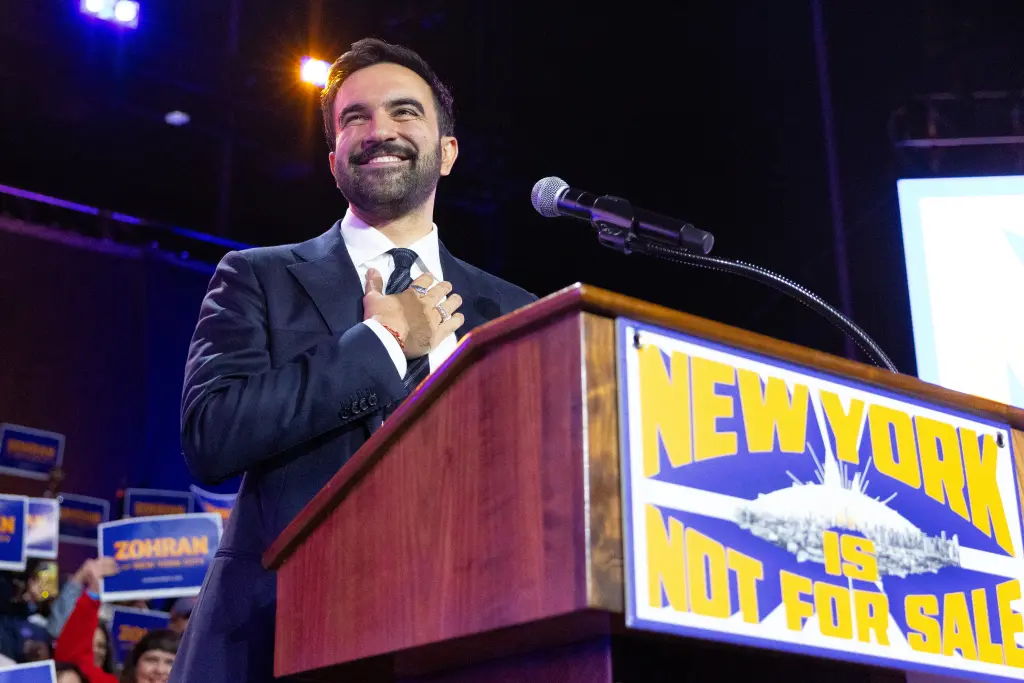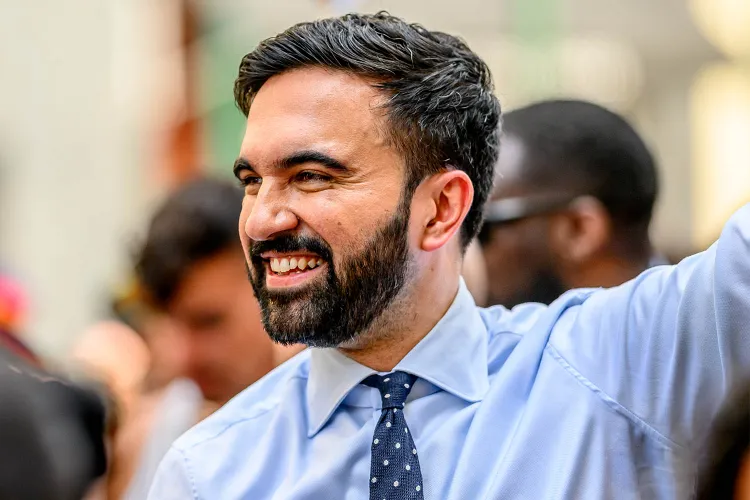Robert F. Kennedy Jr. Fires NIH Whistleblower Dr. Jeanne Marrazzo, Who Objected to Trump Administration Policies on Vaccines
In a move that has stirred both political and scientific circles, Robert F. Kennedy Jr., the current Secretary of Health and Human Services, has officially dismissed Dr. Jeanne Marrazzo, the former director of the National Institute of Allergy and Infectious Diseases (NIAID). The decision follows months of tension between Marrazzo and the administration over the direction of federal vaccine research and policy.
Dr. Marrazzo, who took over the NIAID role in 2023 after Dr. Anthony Fauci’s retirement, had been placed on administrative leave earlier this year following her whistleblower complaint against top officials in the Trump administration. She accused senior leadership of undermining vaccine programs and retaliating against staff who raised ethical or scientific concerns about federal oversight.
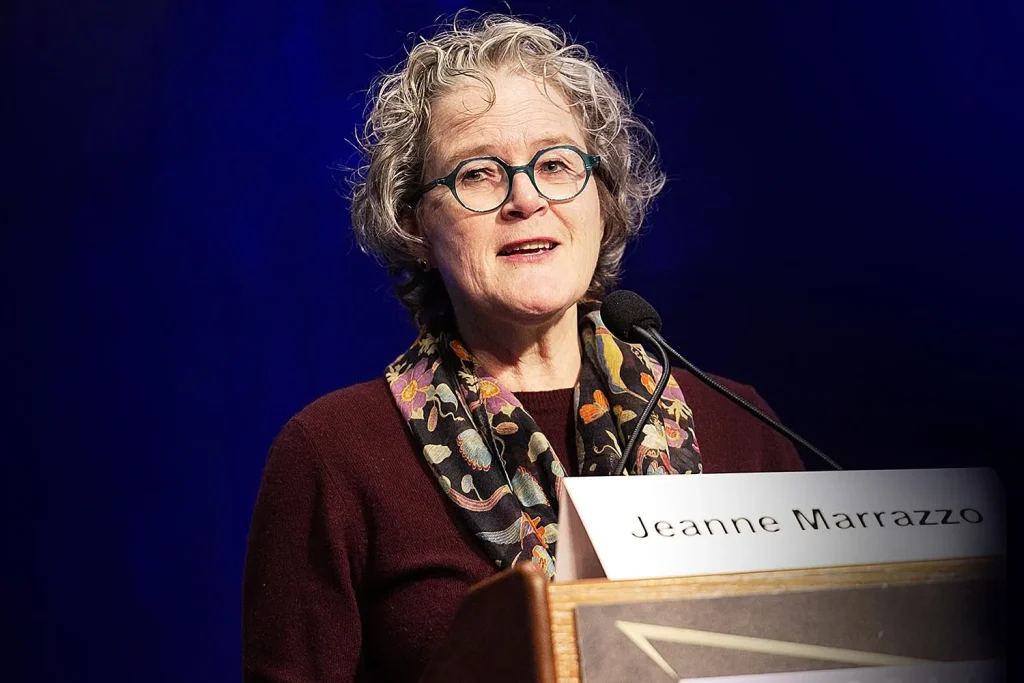
Her firing, confirmed by an HHS spokesperson on Friday, ends a tumultuous chapter in her federal service. The statement from HHS was brief, saying only that “Dr. Jeanne Marrazzo is no longer with the agency” and that the department “appreciates her years of public health service.” However, the broader implications of her dismissal are already drawing national attention.
Dr. Marrazzo’s supporters argue that she was targeted for speaking up about issues that have long plagued the intersection of science and politics. Her whistleblower complaint, filed in March, alleged that she faced retaliation after resisting directives that she believed compromised data integrity during the pandemic-era review of vaccine safety. “She was one of the few who dared to challenge the political interference that became routine,” one former NIH colleague told reporters, describing her as “a scientist’s scientist — data-driven and deeply ethical.”
Robert F. Kennedy Jr., who has long been an outspoken critic of pharmaceutical companies and vaccine mandates, has been reshaping the leadership of several key health agencies since taking office. His supporters say the changes are overdue, calling them a reset after years of mistrust in public health institutions. “The department is moving toward transparency and accountability,” said one senior official in defense of the decision. “Dr. Marrazzo’s approach didn’t align with that mission.”
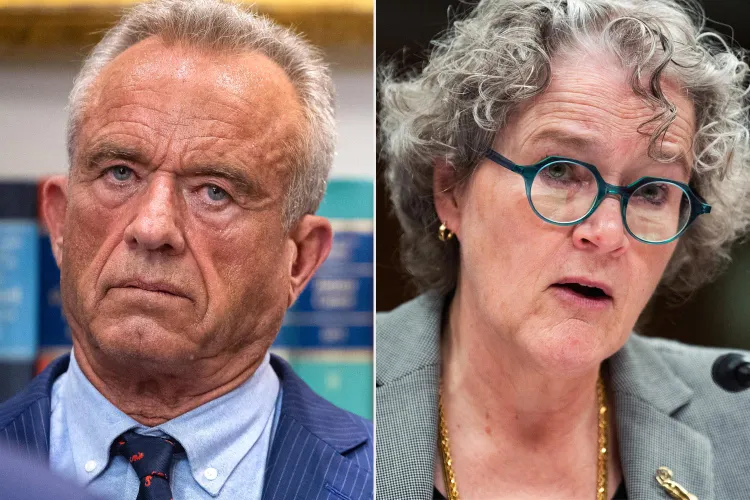
Still, the optics of the firing are complex. Dr. Marrazzo’s removal comes at a moment when the government’s public health credibility is already under scrutiny, and the debate around vaccine safety has become more polarized than ever. For many, it feels like a collision between two strong-willed figures — one representing the scientific establishment, the other an anti-establishment reformer determined to rewrite how public health operates in America.
Dr. Marrazzo herself has not made an official public statement since the announcement, but sources close to her say she was “disheartened but not surprised.” One friend told reporters that she plans to continue her work outside the government, possibly through academic or non-profit channels. “She’s a fighter,” the friend said. “She believes science should always serve people, not politics.”
Her firing has also reignited discussions about the state of whistleblower protections in federal agencies. While laws exist to protect scientists who raise ethical concerns, many experts argue they are difficult to enforce in practice. “Every time a scientist loses their job after speaking up, it sends a chilling message,” said Dr. Lena Torres, a bioethics professor at Johns Hopkins University. “It discourages transparency and undermines public trust.”
For RFK Jr., the decision is another signal of his intention to overhaul America’s health leadership and policies. His critics accuse him of creating a climate of fear among career scientists, while his allies see it as breaking a long-standing bureaucratic monopoly over medical decision-making.
Whatever the motivation, the moment marks a turning point in the nation’s ongoing debate about science, politics, and accountability. It highlights how the struggles that defined the pandemic years — trust, transparency, and truth — continue to shape the government’s relationship with its own experts.
As the dust settles, the question remains: was this a step toward reform or another blow to scientific independence? For Dr. Jeanne Marrazzo, the answer may take time to unfold, but her story is already becoming a symbol of the difficult balance between doing what’s right and surviving in a system where science and power often collide.
